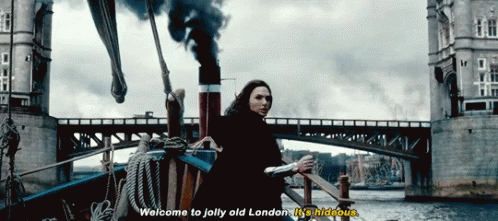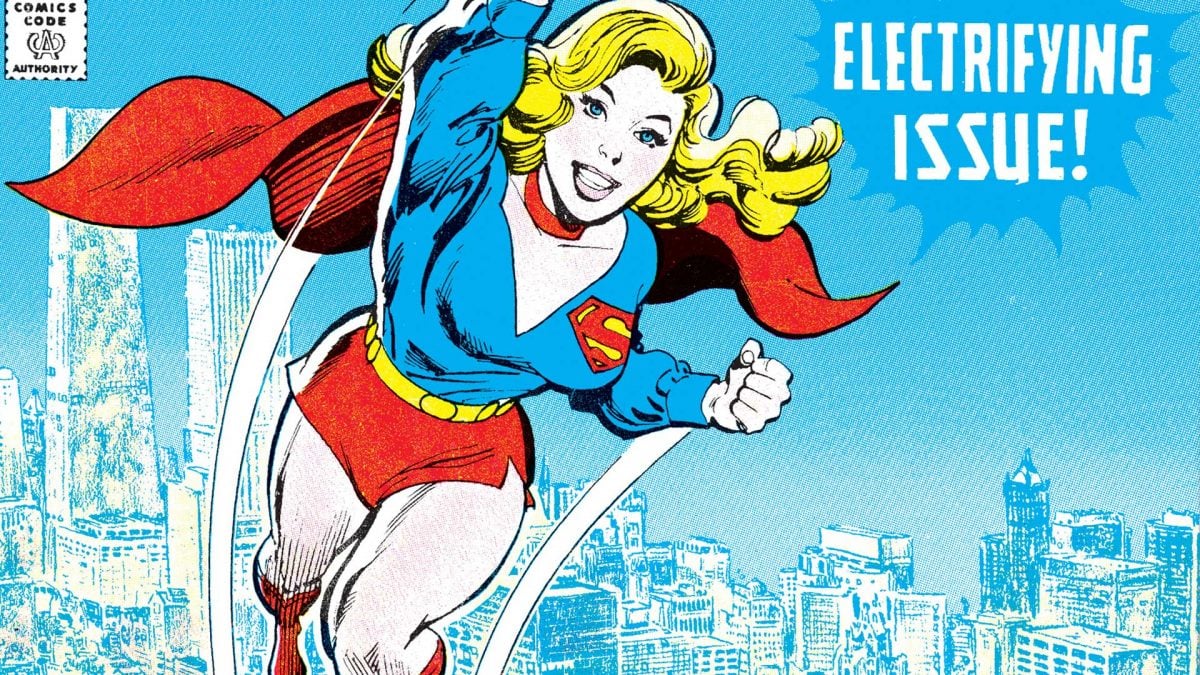While Henry Cavill’s future as the Man of Steel remains up in the air, Warner Bros. is shifting its focus to their upcoming Supergirl film. While the film is still in the early stages, it’s been reported that the movie will be an origin story that takes place in the 1970’s. This is a potentially exciting development for several reasons. Setting the film in the past is a great way to differentiate the DCEU Supergirl from the Arrowverse’s Kara Danvers. This also frees Supergirl from any Justice League plot points or expectations to include DC’s film heroes.
Warner Bros. has already experienced success in the historical superhero genre thanks to Patty Jenkins’ Wonder Woman. The World War I setting of the film was a refreshing change of pace for the DCEU, and a powerful motivating factor for Diana to leave Themyscira and join Steve Trevor in Europe. The setting was also evocative of classic adventure films and war movies, which added depth to the storyline.
It raises the stakes significantly to have Diana enter the world when it’s on the verge of collapse, plus we don’t have to see her struggle to adapt to new technology like she would have going from Themyscira to 2018. It’s a relief to have Diana move more organically through the world as opposed to spending time watching her figuring out how to use an escalator or an iPhone. Jenkins said of the setting:
“World War I is the first time that civilization as we know it was finding its roots, but it’s not something that we really know the history of,” she adds. “Even the way that it was unclear who was in the right of WWI is a really interesting parallel to this time. Then you take a god with a moral compass and a moral belief system, and you drop them into this world, there are questions about women’s rights, about a mechanized war where you don’t see who you are killing. It’s such a cool time.”

Jenkins will continue to delve into the past with the upcoming sequel Wonder Woman 1984, which takes place in (you guessed it) the 1980’s. Marvel has also experimented with period pieces, such as Captain America: The First Avenger, which follows Steve Rogers through World War II. Next year’s Captain Marvel takes place in the 90’s, well before the Avengers ever assemble.
The X-Men franchise has also explored the past, with X-Men: First Class and X-Men: Days of Future Past. The time periods allow those films to be visually distinctive from their predecessors, while at the same time exploring history through a superhero lens. The films not only give us a glimpse of younger versions of beloved characters like Professor X and Magneto, but also explore superhero tropes through the background of historical events like the Cuban Missile Crisis and the Vietnam War.

Period pieces also offer us an extra level of escapism, with lavish costumes, sets, and other hallmarks of the era. With so much to explore in the 1970’s (Vietnam, Second-Wave Feminism, the Sexual Revolution) it will be exciting to see how the time period shapes the story of Supergirl.
(via CBR, image: DC Comics)
Want more stories like this? Become a subscriber and support the site!
—The Mary Sue has a strict comment policy that forbids, but is not limited to, personal insults toward anyone, hate speech, and trolling.—










Published: Sep 15, 2018 05:15 pm